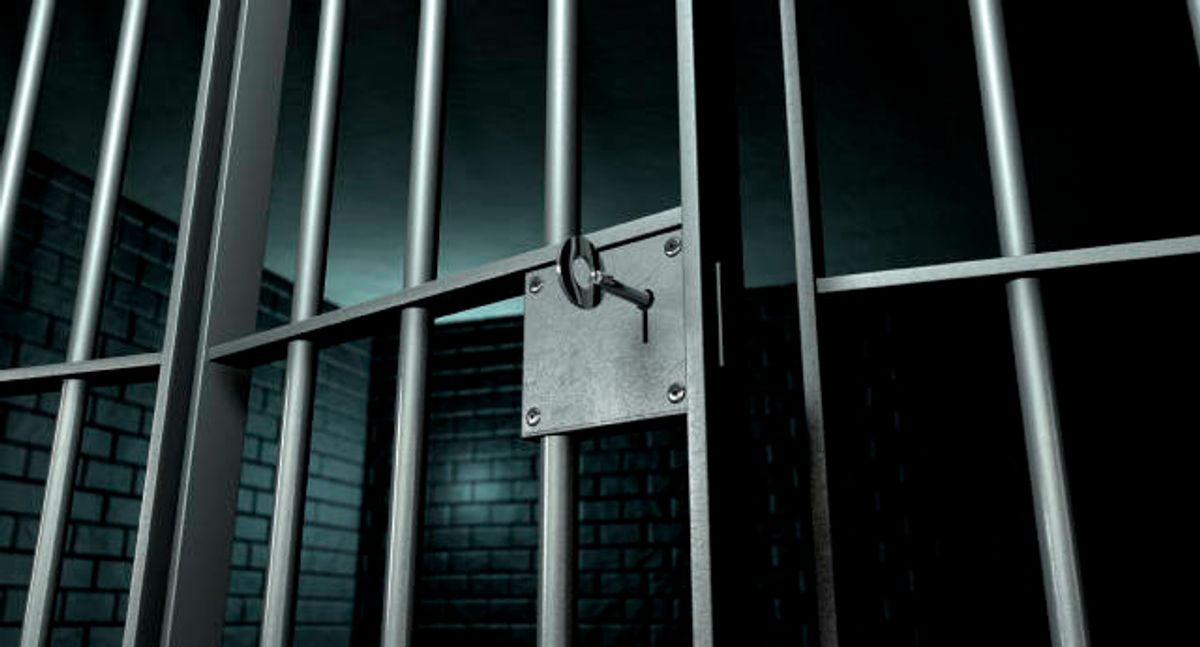Americans like to think of their nation as "exceptional." And, in many ways, it surely is: When it comes to technological sophistication, wealth and military might, for example, the U.S. is second to none. But there are a few ways to be "exceptional," and the U.S.'s exceptionalism spans the moral continuum. Another example? When it comes to incarcerating children, among developed nations, the United States is king.
That's just one of the disturbing takeaways from "Prison Kids: A Crime Against America's Children," Fusion's new documentary on juvenile justice. "Prison Kids" looks at the system in general, but it places a special focus on the use of solitary confinement on incarcerated juveniles, which is perhaps the most obvious manifestation of inhumanity within a grossly inhumane system.
Recently, Salon spoke over the phone with Keith Summa, an investigative journalist and executive at Fusion who also helped produce the film. Our conversation, which is below, has been edited for clarity and length.
Why the special focus on solitary confinement? It's obviously not the only thing wrong with juvenile justice in the U.S.; so what makes it bad enough to deserve special mention?
When you talk to kids who are locked up in solitary confinement, it's very powerful. Every expert we've talked to, bar none, has said that this is an awful thing to do to adults; it's a torturous thing to do to children. So it really stands out as the most egregious action that we're taking against these kids who, more often than not, need help as opposed to being made worse.
But what makes it so harmful?
You really have to ask the researchers that more specifically, because I'm not a brain scientist. But what they tell us is that the impact of solitary on children, whose brains are not fully developed, is much more severe than it is on anyone else. They are children. It's the same reason we don't send 12-year-olds off to war; or let them buy cigarettes or drink alcohol.
What was the impetus of the film? How'd it come into being?
There's been a healthy discussion over the last couple of years about prison reform. There's been bipartisan support for it. Everyone's talking about it. Everyone wants to do something about it. But there's this dark little corner that nobody's paying attention to: what we're doing to children.
The producing team and the reporting team [at Fusion] spent a lot of time running around the country and talking to a lot of kids, a lot of families, a lot of parents, a lot of judges — everyone they could find within this system, really. And everywhere they went, there were stories that shocked them.
Any examples?
An 11-year-old going to jail because she got into a fight in school. A mother who worries if her 7-year-old is going to go to jail — a 7-year-old who has health issues. A judge [who] said there was a point when he realized he was locking up more children in the state of Florida than any other judge. I've never heard or seen a judge be impacted by his own actions that way.
Look, I'm 50 years old. Things that children are being arrested for and put into jail for are things that, when I was in school, you would get yelled at or sent to the principal's office for. There's been a change.
So how many kids are we talking about, roughly?
When you do investigative reporting you always find that when there isn't good data, there's often a reason for that. There are numbers of, each night, how many children are locked up; but we haven't been able to find any decent numbers on the total amount of children that go through the juvenile justice system in a year.
So the rough number who sleep behind bars in juvenile facilities every night is around 60,000 to 70,000. But a lot of the time, those kids are there for only a few days — so there are clearly exponentially more that are going through this system. Why we don't have a decent number is a damn good question to ask.
How does it break down, in terms of those held in federal vs. state facilities?
I think it's a combination, but most juveniles are not in federal facilities. They're in state and local facilities, which is one of the challenges of reform, and I think one of the challenges of really knowing the real impact in terms of numbers and the psychological impact on kids. It's a very disparate system.

Shares